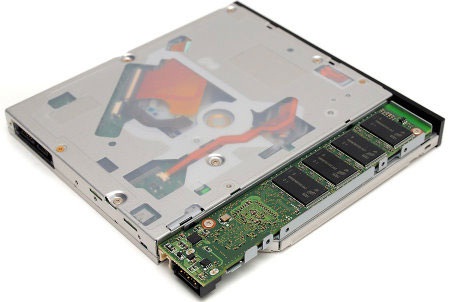If you yearn to be an underwater videographer, there are five main things you need to learn about: diving, the underwater environment, wildlife, lighting, and equipment. Learning all you can about these subjects will help you get better shots, help you maintain safety, and allow you to share your dreams with the world.
Diving:
Learning to scuba dive is the hardest thing to learn to become an underwater videographer. You need to take classes and gain your certification. You may also want to learn to free dive. This also takes a lot of practice, but allows you to freely swim with the marine life you are filming, without the hassle of scuba gear.
The Underwater Environment :
You want to learn all you can about the areas you will be diving and filming in. You want to be able to move in this magnificent underwater world without damaging it or harming yourself. It can be tough to maintain your position while filming, keeping yourself from sinking or floating up, and not bumping into endangered species or reefs. Trying not to kick up a lot of sand and silt off the bottom will keep your footage clear and pacing yourself will maximize the clarity of your shots.
Wildlife :
There is so much to learn about the wildlife you will be filming. Know all you can to avoid harming them or yourself. Staying relaxed will allow you to get closer to them. You should not chase after them, as they will most likely flee. Prepare yourself to encounter sharks. Learn about what types are prevalent where you will be diving. Expecting them and knowing how to react to them will you maintain as much safety as possible.
Lighting :
Colors change underwater, especially the deeper you get. Yellows and reds fade quickly. One way to counteract these color changes is to bring extra lights down with you. Another way is to use filters for your camera.
Equipment :
Knowing what type of equipment you need for the depth you will be diving and the area you will be diving in will save you money, buying exactly what you need the first time around. Such accessories as special lenses, GoPro filters, and adapters will help you get the best videos possible.
Remember, learning about these things will help you bring your underwater world to life, while maintaining safety for you, the environment, and the wildlife. Buying the proper equipment will help you compensate for the lighting and depths you will be filming at. After all, learning is half the fun.
My name is Jason Helson and I use GoPro filters so I can tell you first hand that these are the highest quality you can buy. I wanted to write about them, becuase most have no clue in the differences of these filters.




Informative post. Learning how to dive is a must for every enthusiast in this field. And while diving skills are necessary, your scuba gear and equipment makes your filming underwater easier, safer, more comfortable and more importantly, possible.